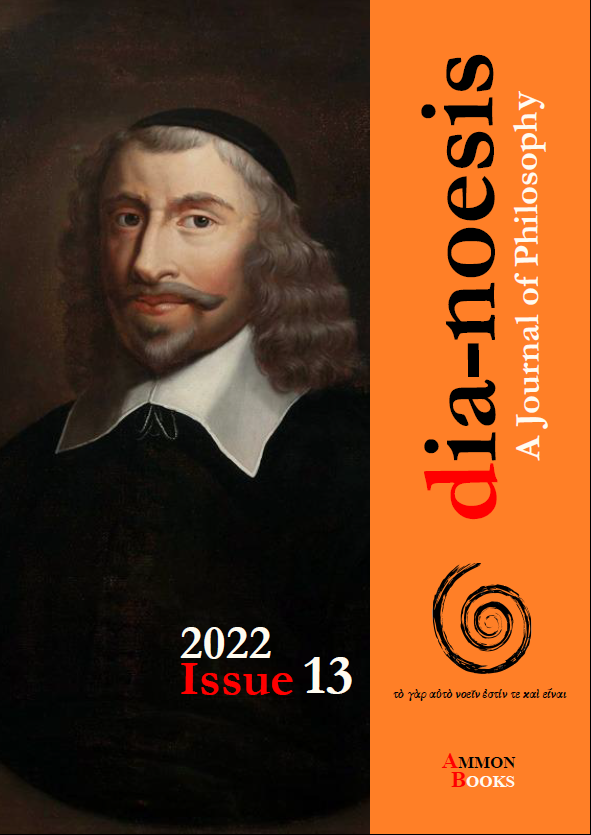Hobbes' hedonism in front of classical hedonism and the free market‘s way out

Abstract
In this inquiry, it becomes evident that Hobbes' hedonism differs essentially from all the theoretical approaches of classical hedonism. The most important differentiation lies in the issue of rationality. Ancient Greek hedonism in all its manifestations cannot be separated from the rational function as a structural feature of the human existence. Any conception of bliss as pleasure presupposes the rational distinction and choice of pleasures. For Hobbes the free market is the equivalent of the natural condition, a space of insatiable fulfillment of one desire after another. Possessive individualism, greedful expansion over the others and continuous transition from one pleasure to another find their justification in this vast economic becoming. The state upholds its founding goal of self-preservation and the safety of its citizens, while the free market gives the prospect of achieving bliss as hedonistic vanity and domination over others.
Article Details
- How to Cite
-
Vavouras, E. (2024). Hobbes’ hedonism in front of classical hedonism and the free market‘s way out. Dia-Noesis: A Journal of Philosophy, 13, 85–114. https://doi.org/10.12681/dia.37784
- Section
- Articles


